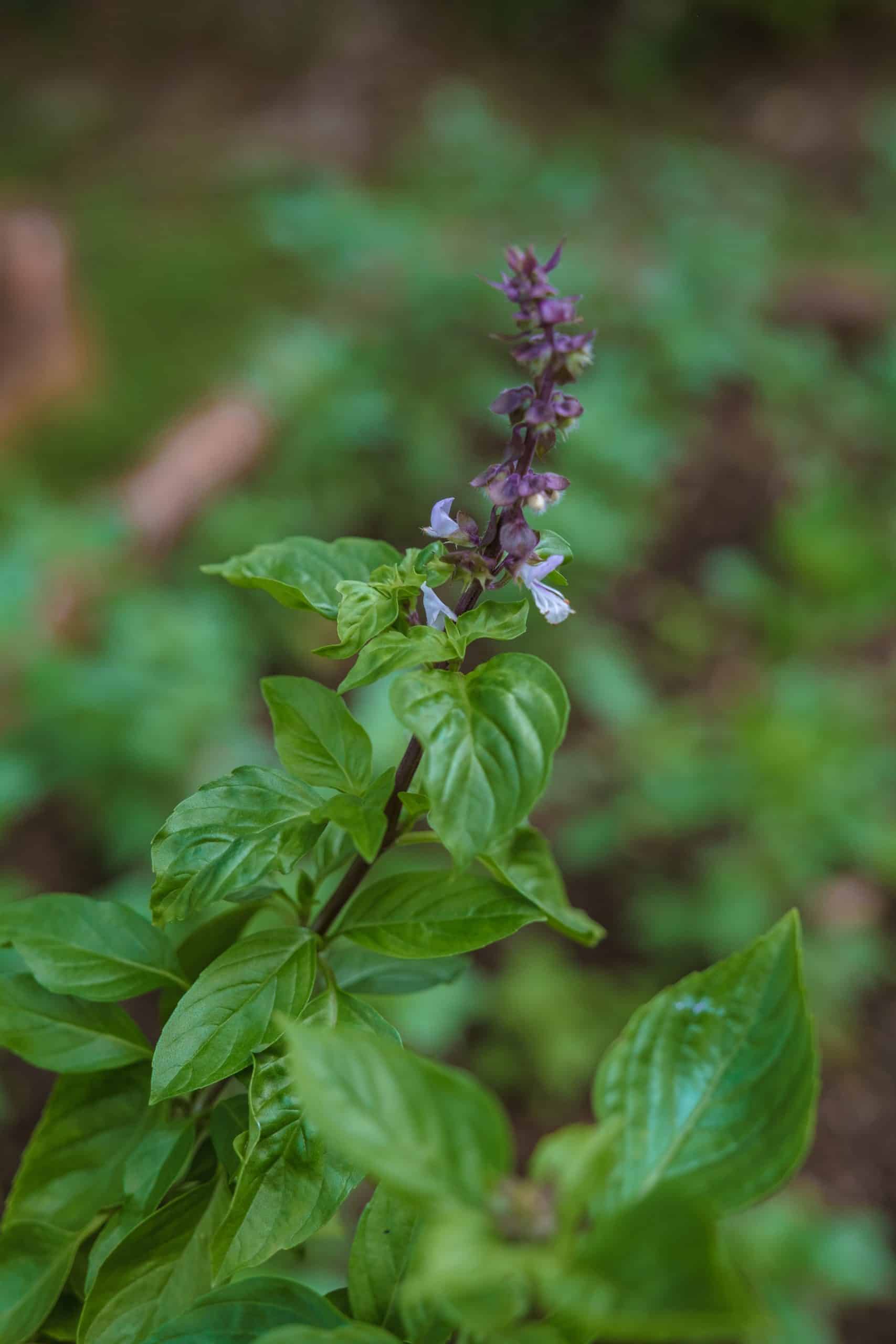How to Organize a Zero Waste Festival in the UK?

Festivals are a fantastic way to bring people together to celebrate shared interests, whether these are music, food, literature or something else entirely. However, they can also generate a significant amount of waste. From plastic cups and plates to food leftovers and water bottles, the aftermath of a festival often reveals a sea of discarded items. But it doesn’t have to be this way. With careful planning and a commitment to sustainability, it is entirely possible to organize a zero waste festival. This shift towards greener events not only helps to protect the environment, but it can also attract a wider audience who appreciate your commitment to recycling and sustainable practices. Here’s how you can stage a zero waste festival in the UK.
Understanding the Concept of Zero Waste
Before you can start planning a zero waste festival, you need to understand what the concept actually means. The Zero Waste International Alliance defines it as a goal to divert at least 90% of waste from landfills and incinerators. Essentially, it’s about rethinking how resources are used and making the most of what we have.
En parallèle : What Are the Benefits of Peer-to-Peer Learning Platforms for UK Adult Education?
Zero waste is not just about recycling, it’s also about reducing and reusing. It’s about looking at everything from food and water to promotional materials and asking: is there a more sustainable way to do this?
A zero waste festival will not only be more environmentally friendly, it will also resonate with a growing number of people who are concerned about the impact of waste on our planet.
Sujet a lire : What’s the latest on UK’s efforts to curb antibiotic resistance in farming?
Planning a Zero Waste Festival
Organizing a zero waste festival requires careful planning. You need to think about all aspects of the event, from the food and drink on offer to the toilets and entertainment.
Food and Drink
Consider how you can reduce waste in terms of food and drink. One option is to use food vendors who are committed to using only reusable or compostable containers. Encourage vendors to serve drinks in reusable cups and offer a discount for festival-goers who bring their own.
Water
Instead of selling plastic water bottles, provide free water refill stations around the festival site. Encourage festival-goers to bring their own reusable water bottles.
Waste Management
You will need to organize waste management for the festival. This includes having clearly marked recycling bins for different materials, and compost bins for food waste. You could also consider having a dedicated team of volunteers to help people sort their waste correctly.
Merchandise
Think about the merchandise that you will sell at the festival. Can you source t-shirts made from recycled materials? Can you use recycled paper for your programme?
Partnering with Sustainable Vendors and Sponsors
A big part of hosting a zero waste festival is working with like-minded vendors and sponsors. Look for companies who share your commitment to sustainability and who will support your zero waste goals.
There are many food and drink vendors who are committed to reducing waste. Look for those who source local, organic produce, and who use compostable or reusable containers.
When it comes to sponsors, seek out businesses who are known for their environmental credentials. Not only will they help to finance your festival, they will also boost its credibility amongst eco-conscious festival-goers.
Engaging Festival-goers in the Zero Waste Mission
One of the keys to a successful zero waste festival is getting your audience on board. Most people are more than willing to make small changes to their behaviour if they understand why it’s important.
In the run-up to your festival, use your website and social media channels to explain why you’re aiming for zero waste and what this means. Provide clear information on what festival-goers can do to help, such as bringing their own reusable water bottles and bags.
During the festival, use signs and announcements to remind people of the zero waste goal. You could also run workshops or talks on sustainability to keep the message at the forefront of people’s minds.
Continual Improvement and Evaluation
After your festival, take the time to evaluate your zero waste efforts. How much waste did you divert from landfill? What worked well and what could be improved next year? By continually striving for better, you can make a real impact on waste reduction and set a positive example for other festivals to follow.
Remember, organizing a zero waste festival is not only great for the environment, it’s also a powerful way to engage your audience and attract sponsors. So why not start planning your zero waste event today?
Implementing Eco-Friendly Practices at Your Zero Waste Festival
One of the key elements of a zero waste festival is implementing eco-friendly practices. These can range from promoting a plant-based menu to encouraging the use of public transportation. By implementing these practices, event organisers can significantly reduce the environmental impact of the festival.
Food Choices
One of the significant areas of waste in festivals is food waste. To combat this, consider offering a predominantly plant-based menu. Plant-based food is not only healthier but also has a lower carbon footprint compared to meat and dairy products. You can also work with food vendors who commit to using local, organic produce, which cuts down on carbon emissions from transport.
Transportation
Encourage festival-goers to use public transport, cycle or walk to the festival to reduce carbon emissions. You can provide incentives such as discounted ticket prices for those who choose eco-friendly modes of transport.
Energy Usage
Consider using renewable energy sources to power your festival. This could include solar-powered stages or wind-powered lighting. While this may require a larger initial investment, it significantly reduces the festival’s environmental impact in the long run.
Single-Use Plastic
Single-use plastic is a major contributor to festival waste. Commit to a plastic-free festival by providing alternatives like reusable cups and plates. Encourage festival-goers to bring their own utensils and containers.
By embedding these eco-friendly practices into your festival, you can ensure that your event aligns with the principles of zero waste and sustainability.
Conclusion: The Impact of Zero Waste Festivals on the Future of Events
The shift towards zero waste festivals is more than just a trend; it’s a necessary step towards creating more sustainable events. Festivals that commit to zero waste are not only reducing the amount of waste sent to landfill but are also setting a new standard for event organisers globally. These festivals are proving that it’s possible to host large-scale events without causing significant harm to the environment.
Moreover, zero waste festivals can have a profound impact on festival-goers. By participating in a zero waste event, attendees are made aware of their own waste production and the steps they can take to reduce it. This can lead to long-term behaviour changes that extend beyond the festival itself.
While planning a zero waste festival can be challenging, the benefits are undeniable. From reducing environmental impact to educating festival-goers about sustainability, zero waste festivals are the future of events. As an event organiser, committing to zero waste not only helps protect the environment but also aligns your festival with a growing trend towards sustainability. This can attract a wider audience and enhance your festival’s reputation.
In conclusion, implementing zero waste principles in your festival is a powerful commitment to sustainability. It is a testament to the fact that we can enjoy music festivals and other large events while still being mindful of our waste and its impact on our planet. As we move forward, it is essential to continue promoting and supporting zero waste events for the betterment of our environment.
